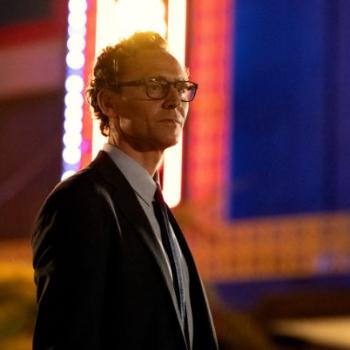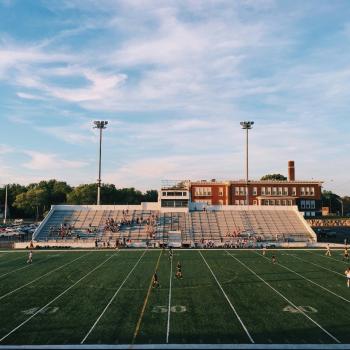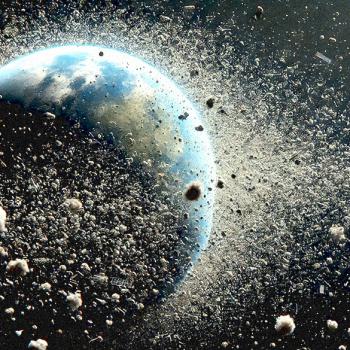 By Neylan McBaine
By Neylan McBaine
My father was a complicated man, and he had been unhappy for many years before he died relatively young in 2008. I agreed he was “in a better place,” as I was assured by so many friends and family, but because of my faith’s doctrine and because of my own sense of truth I couldn’t believe that my father would have instantly shed all of the character quirks that made relationships so difficult for him in his earthly life.
I believe in the eternal personality of souls, even when that personality brings thorns and eccentricities. As desperately as I would like my father to be immunized in his new home from the plagues that haunted in him life, heaven wouldn’t be much of a heaven at all if we were castrated of color and passion in death.
So what does “a better place” mean for those of us who haven’t quite mastered living in harmony with others? For my father, I believe it is a place where Christ’s presence and the surrounding love of those who have gone before him will prompt a change of heart and a wiser understanding of his worth and purpose. With that increased understanding will come a rest from the inner turmoil and thus a separation from those impulses that made life difficult for him on earth.
In my father’s better place, there will be work that taps into his greatest talents, relationships that start with clean slates, and the permeating power of the Savior’s love that helps him understand he is a beloved son of God.
Read more from: What Really Happens When We Die?
Neylan McBaine is the author of a collection of personal essays -- How to Be a Twenty-First Century Pioneer Woman (2008) -- and the founder and editor-in-chief of The Mormon Women Project. She blogs at neylanmcbaine.com.
9/20/2010 4:00:00 AM




